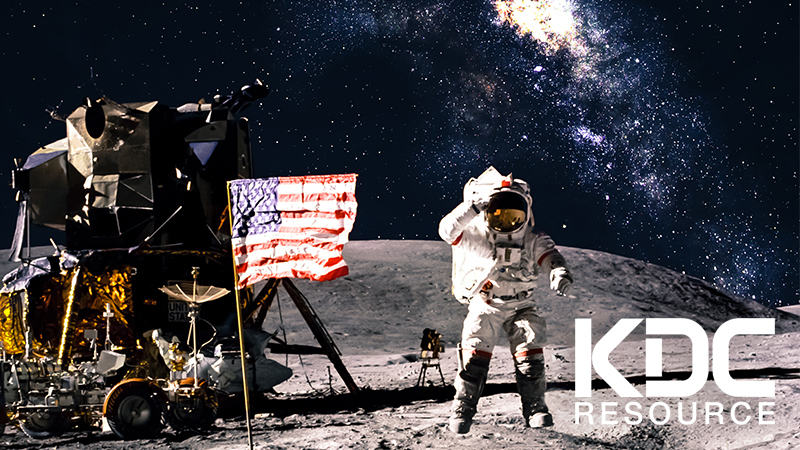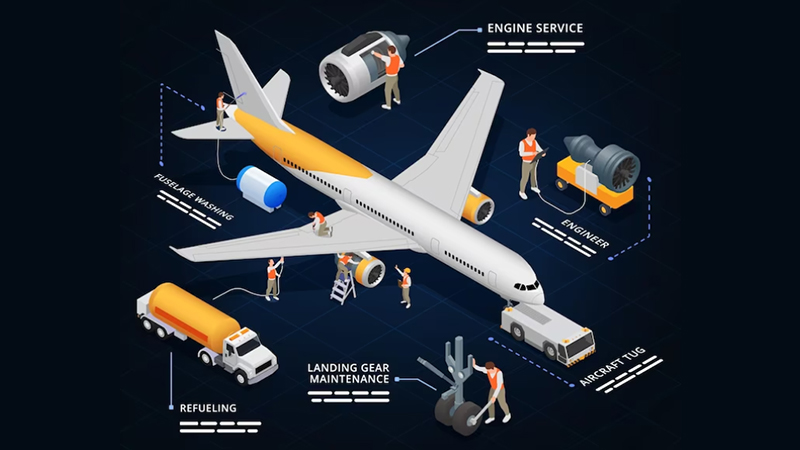

The 20th of July 2021 marks the 52nd anniversary of the Apollo Moon landing, one of the most iconic moments in human history. It is incredible how much space travel has progressed in the last six decades, and where it promises to go in the coming ones.
Due to its importance in the history of space travel, it is an appropriate time to look ahead at what the future of space holds for the UK.
We are all aware of this day’s importance. In 1969, Apollo 11 touched down on the Moon’s surface, marking the first time humans ever set foot on another planetary body. The rest, of course, is history.
Since then, the 20th of July has gained important international significance. It is Space Exploration Day and Moon Day. Both illustrate the Apollo Moon landing’s continued recognition in human history.
Considering it was only in 1969 that we touched down on the Moon, upcoming space projects look even more impressive. Since then, we have sent rovers to Mars and satellites to numerous planets and moons.
Although the UK has historically shied away from manned space missions, that promises to change in the coming years. Of course, we have been involved in manned missions through the European Space Agency, but we will soon be carving out our place in the space community.
Through the ESA, the UK will take part in the Artemis Space Program, established to put people back on the Moon. Unlike previous missions, it will investigate the viability of a lunar base camp for future Mars missions. Theoretically, it would provide access to refuelling and habitation for long-term flights. The programme’s current aim is to send its first crewed flight into space in the mid-2020s.
Perhaps a more exciting project is the UK-built Rosalind Franklin Mars rover. Built with the aid of government funding, it will look for signs of life on the planet. Previous missions focused on terrain and geology, so this marks an interesting shift in our understanding of Mars.
To complete this mission, the rover includes a panoramic camera, an infrared spectrometer, a neutron spectrometer, and a ground-penetrating radar, among other instruments. It will look for chemical and morphological signs of life, both past and present.
Airbus built the Rosalind Franklin rover in Stevenage with assistance from UCL, University of Leicester, Teledyne e2v, and STFC RAL Space. Its current launch date is September 2022 with Mars touchdown around mid-June 2023.
We have previously written in greater depth about the UK’s plans in the space sector. It is fair to say that the UK has acknowledged the growing importance of space in recent years, hence its shift towards a more active role.
Of course, the UK is not the only country to step up its space activities. Japan, China, and India are all planning Moon missions and are involved in varying degrees in international programmes.
The worldwide boom in space technology, both for exploration and terrestrial assistance, highlights the incredible transformation in our understanding of and reliance on space since the Moon landing. What space travel will look like in another 52 years can only be pure speculation.

